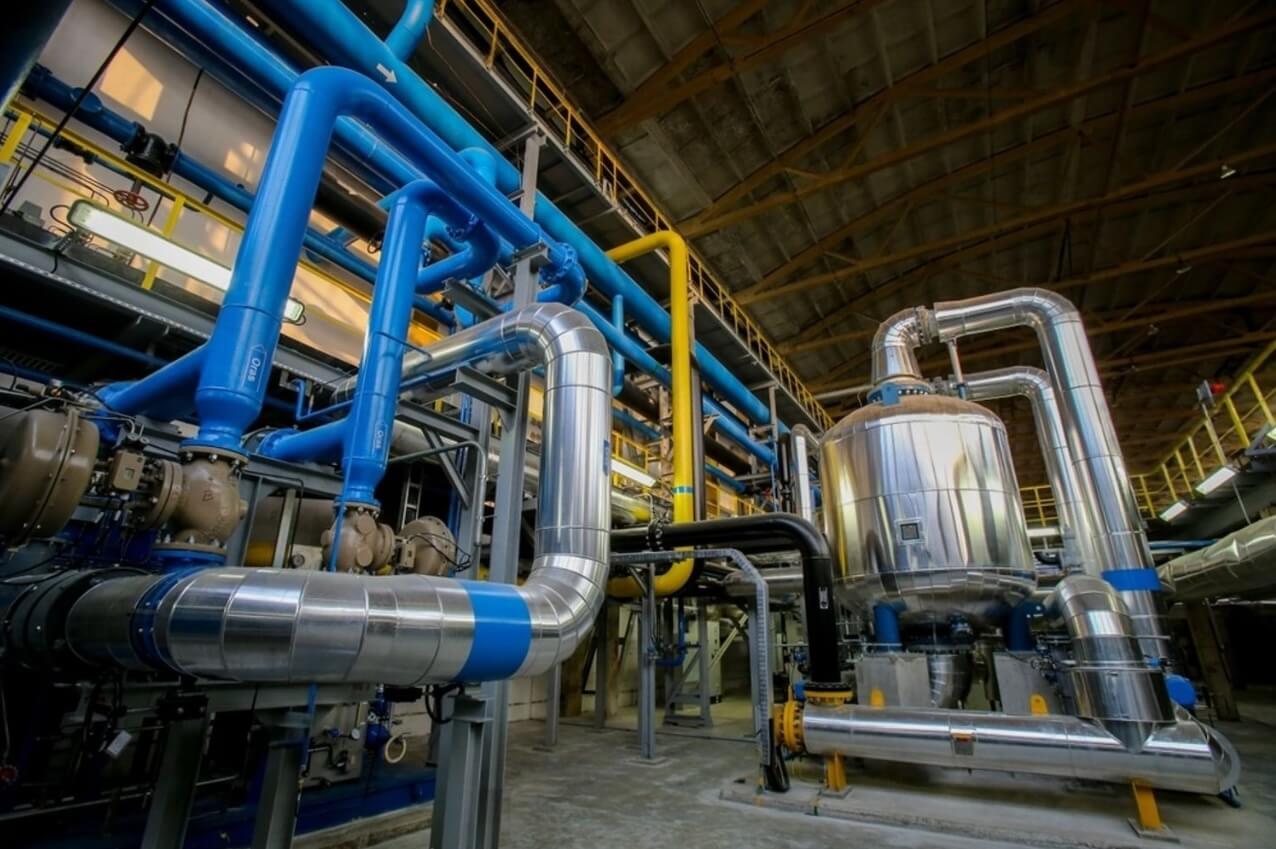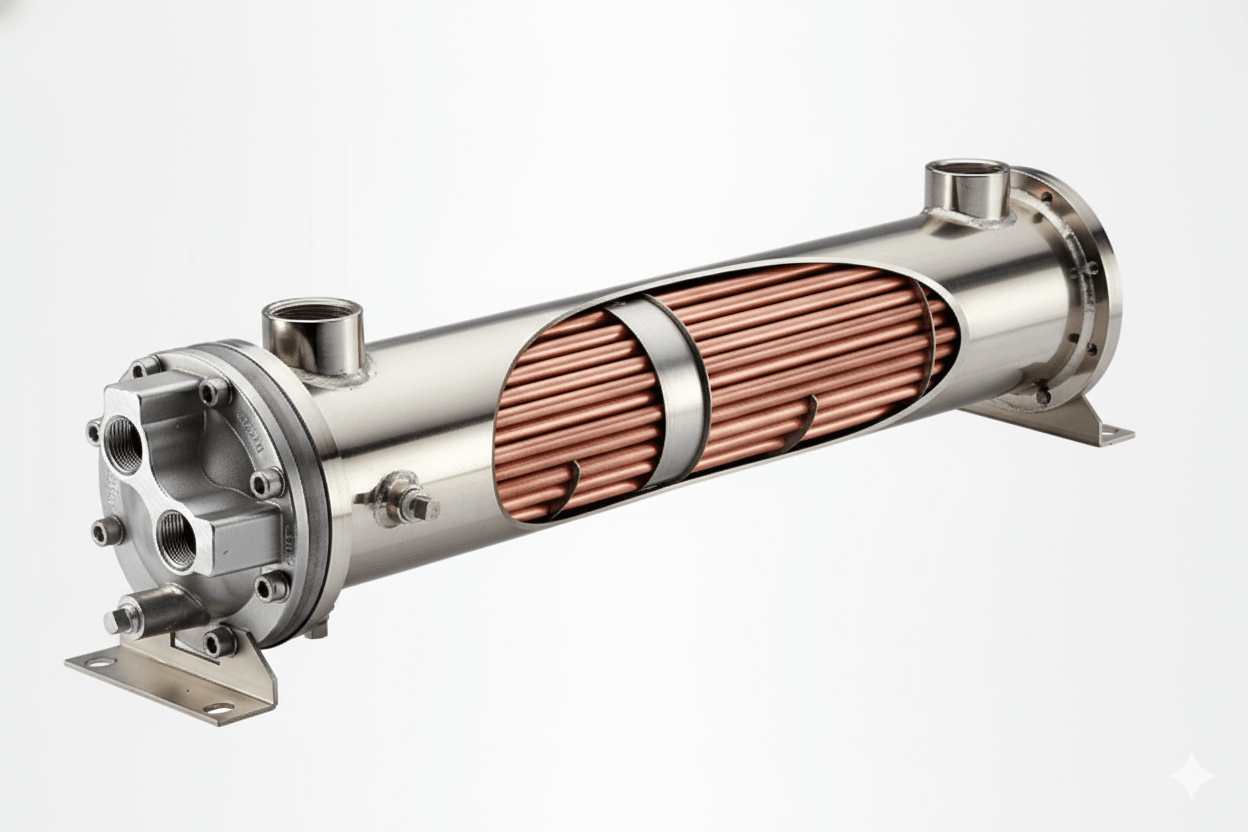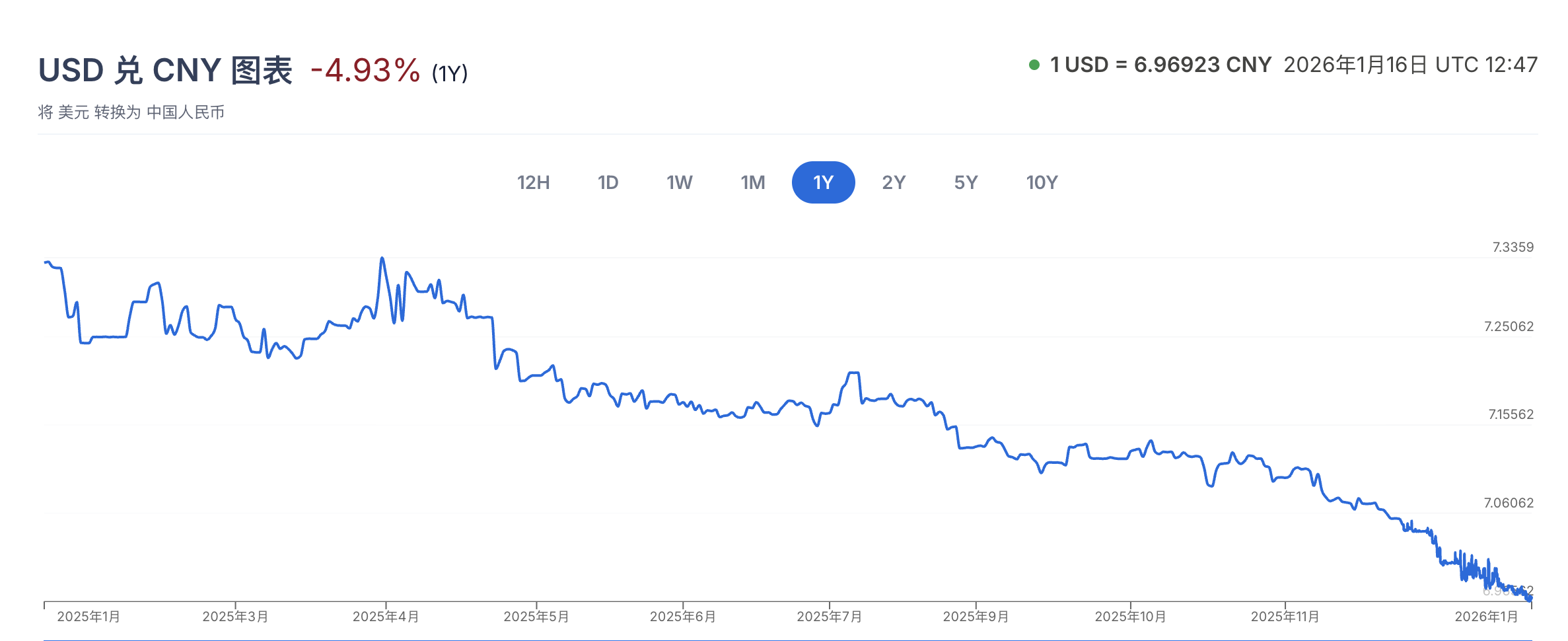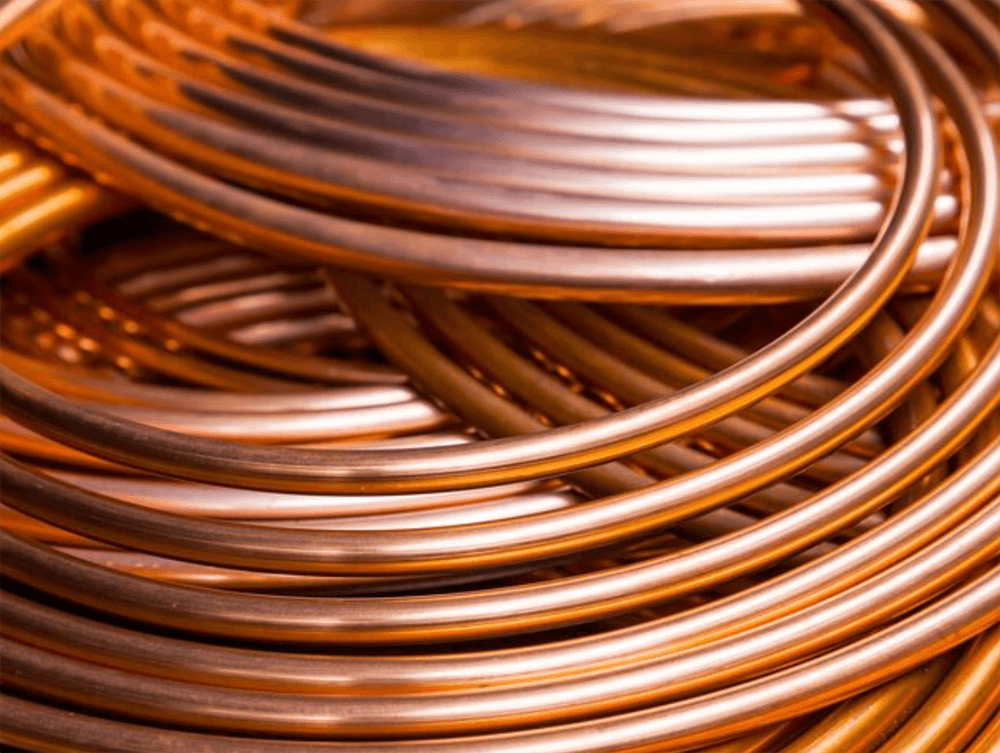When it comes to choosing the right pool heater, one of the most important decisions you’ll make is selecting the right material for the tubing. Two of the most common options are copper tubing and cupronickel tubing. Both have their benefits and drawbacks, and the best choice for you will depend on various factors, such as your pool’s water chemistry, the climate, and your long-term maintenance goals.
In this blog, we’ll break down the differences between copper and cupronickel tubing, help you understand the pros and cons of each, and guide you in making an informed decision for your pool heating needs.
What Are Copper and Cupronickel Tubing?
Before diving into the pros and cons, it’s important to first understand what each material is and how it works in pool heaters.
- Copper Tubing: Copper is a widely used material in heat exchangers due to its excellent thermal conductivity. It transfers heat efficiently, making it a popular choice for pool heaters. Copper is also relatively inexpensive compared to other metals.
- Cupronickel Tubing: Cupronickel is an alloy made of copper and nickel. It is specifically designed to improve the corrosion resistance of copper, making it more durable in harsh conditions, such as those found in saltwater pools or areas with high levels of chlorine.
Advantages of Copper Tubing
Copper tubing has been the traditional choice for many pool heaters for decades. Here are a few reasons why people still opt for copper:
1. High Thermal Conductivity
Copper is one of the best materials for transferring heat. Pool heaters with copper tubing heat your pool water quickly and efficiently. This high thermal conductivity means that the heat exchanger can warm the water more effectively, which can reduce the overall energy usage and operating costs.
2. Cost-Effective
Copper is generally less expensive than cupronickel, which makes it an attractive choice for those on a budget. If you’re looking for an efficient, affordable option, copper is the way to go.
3. Easy to Work With
Copper is easier to manufacture and install compared to other materials. Many pool heater manufacturers prefer copper because of its availability and the fact that it is easier to bend and mold into the necessary shapes.
Disadvantages of Copper Tubing
While copper tubing has its advantages, there are a few downsides to consider:
1. Corrosion Risk
Copper is highly susceptible to corrosion, especially in pools with high levels of chlorine or salt. Over time, the tubing can corrode, leading to leaks and inefficiencies in the heating system. If you have a saltwater pool, this could be a significant concern.
2. Less Durability
Compared to cupronickel, copper tubing doesn’t last as long. The harsh conditions of pool environments, like constant exposure to water, can cause copper to degrade faster than more corrosion-resistant materials.
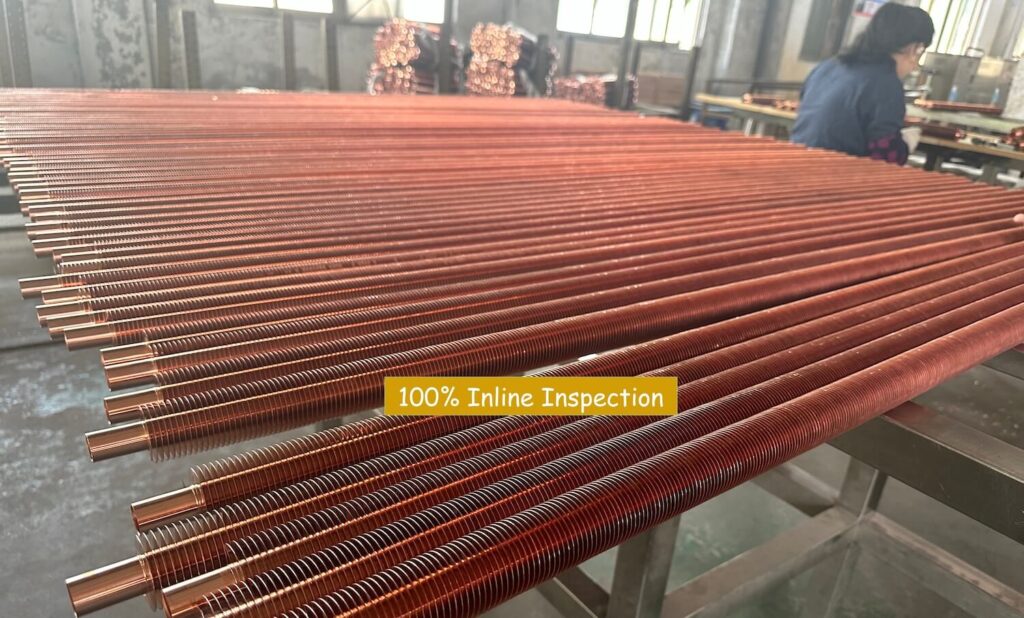
Advantages of Cupronickel Tubing
Cupronickel tubing has been gaining popularity due to its enhanced durability and resistance to corrosion. Here’s why many pool owners are switching to cupronickel:
1. Superior Corrosion Resistance
One of the key reasons people choose cupronickel over copper is its improved resistance to corrosion. Cupronickel tubing is ideal for pools with high salinity or chlorine levels, as it resists pitting and corrosion more effectively than copper.
2. Longevity
Cupronickel lasts much longer than copper, which means fewer repairs and replacements. Its durability makes it an excellent long-term investment for pool owners who want to avoid frequent maintenance.
3. Works Well in Saltwater Pools
If you have a saltwater pool, cupronickel is the material to choose. Saltwater can be very corrosive to metals, but cupronickel is specifically designed to withstand the challenges posed by saltwater environments. This makes it the better choice for long-term durability.
Disadvantages of Cupronickel Tubing
Although cupronickel has a lot of benefits, it also comes with a few drawbacks:
1. Higher Cost
Cupronickel is more expensive than copper, both in terms of the material itself and the overall manufacturing process. This makes it less budget-friendly, especially for those who are looking to keep costs down.
2. Reduced Thermal Conductivity
While cupronickel is still a good conductor of heat, it doesn’t perform as efficiently as copper. As a result, heaters with cupronickel tubing may take longer to heat the pool, which could lead to higher energy consumption over time.
Which Material Should You Choose for Your Pool Heater?
When it comes to choosing between copper and cupronickel tubing, there’s no one-size-fits-all answer. It depends on your specific needs and circumstances.
- For Saltwater Pools or Harsh Water Chemistry: If you have a saltwater pool or your pool’s water chemistry is tough on metals, cupronickel is your best option. Its corrosion resistance and longevity make it an ideal choice for these conditions.
- For Budget-Friendly Options and Traditional Pools: If you’re on a budget and have a traditional chlorine pool, copper might be a better option. It’s less expensive and still provides excellent heat transfer.
Conclusion
Choosing the right tubing material for your pool heater depends on your specific needs and pool conditions. Copper offers affordability and high thermal efficiency, but it may struggle with corrosion, especially in saltwater environments. On the other hand, cupronickel provides superior durability and resistance to corrosion, but at a higher upfront cost. Consider the long-term cost, maintenance needs, and pool type before making your decision.
By weighing the pros and cons of each material, you can choose the best option that fits your budget and will serve your pool heating needs for years to come.
When it comes to pool heaters, selecting the right material for your system’s tubing—whether copper or cupronickel—can significantly impact your pool’s performance and maintenance. Consider your water type and long-term goals when making this crucial decision.


